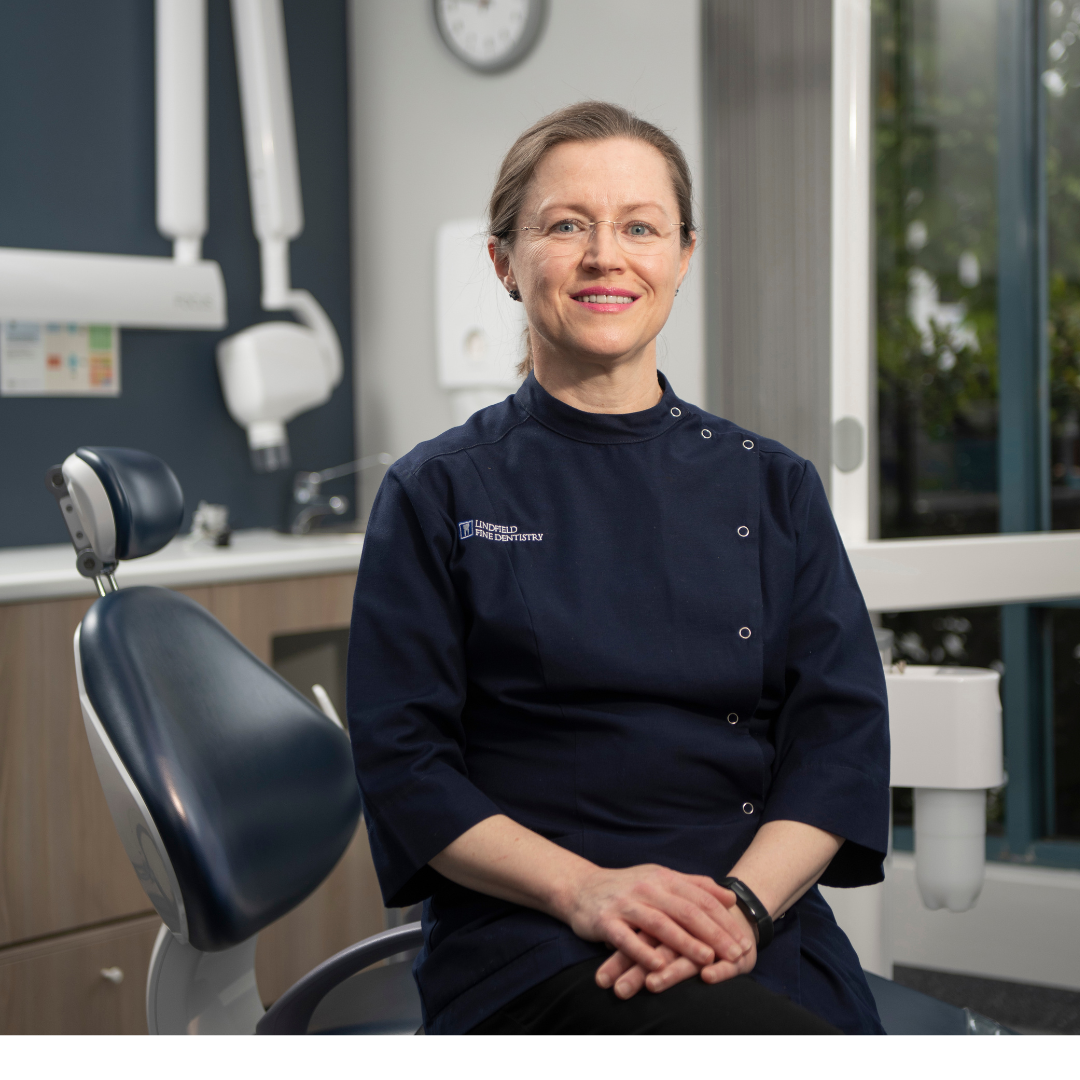💬 My late father Dr Petre Razvan was a medical general practitioner. He was a great lover of music and he and my mother took me to many concerts and operas throughout my childhood. I played the violin and piano and studied three unit music performance for the HSC heading towards a career as a violinist. As a teenager I played with the Sydney Youth Orchestra and did my Year 10 work experience playing with the ABC Sinfonia.
🎼 In Year 11, I successfully auditioned for a position as a principal player in the soundtrack of the ABC children’s movie Princess Kate. Dentistry as a career path was inspired by my positive and engaging experiences when I visited my dentist as a child, and from speaking to a family friend who was studying dentistry who enthusiastically described his learning journey. It seemed the perfect combination of art and science.
🟢 You have a broad range of skills as a general dentist – what are your particular interests?
One of my main interests is endodontic treatment as it is one of our profession’s fundamental services to the community to treat infections and get patients out of pain. My other interest is treating children and teenagers as the dental experience at this time lays the foundation for their oral health for life.
Countless adult patients cite a history of traumatic experiences at the dentist when they were young resulting in their avoidance behaviour. I also have an interest in the importance of early orthodontic assessment, and identifying malocclusions which impact on growth and development and their importance in psycho-social and
trauma risk situations.
🎻 Why did you decide to join the NSW Doctors Orchestra and can you elaborate more about it?
A couple of years after graduating from dentistry from The University of Sydney, I joined the Australian Doctors Orchestra (ADO). It was a wonderful way of combining my enjoyment of playing the violin in an orchestra and giving back to the community by raising money for medical charities.
The founder of the ADO, Dr Miklos Pohl, was a friend and colleague of my father. To quote Dr Pohl: “Playing music is a wonderful antidote to the stresses that medicos of all disciplines deal with on a day-to-day basis.” The NSW Doctors Orchestra (Musicus Medicus) was founded by Dr Cathy Fraser in 2004.
I have been playing with the NSW Doctors Orchestra since our first concert in October 2004 when we performed at the City Recital Hall at Angel Place, with the world renowned pianist Alexander Gavrylyuk. We have concerts every year, and sometimes a couple a year.
.png.aspx)
🦷 The orchestra raises funds for medical research. Where is the valuable money that is raised used?
Funds raised by the orchestra go to the NSW Doctors Orchestra Sydney Eisteddfod Instrumental Scholarship for 16 to 25-year olds, in string, woodwind or brass. Each year we also donate to a medical charity.
Past medical charities we have supported include Huntington’s NSW and the Schizophrenia Fellowship of NSW which is an organisation representing people with mental illness, their families and carers, and mental health workers.
From our most recent concert this year in September, the proceeds went to The Baird Institute established in 2001 in honour of Professor Douglas Baird to continue his life saving work and research driving medical breakthroughs in heart and lung surgery.
🔵 What do you think are some of the biggest advocacy issues facing dentists in the profession at the moment?
Government funding for oral health was very inadequate in the recent Federal Budget. This compromises access to oral health care for our most vulnerable communities especially those living in remote and rural Australia including Indigenous communities, the elderly, and those in low socioeconomic demographics.
In particular with Aged Care, oral health assessments need to be a part of the national ACAT program, and dentistry is not part of that assessment. We have oral health therapists who are extremely qualified to do the oral needs assessments of patients being assessed for nursing home placement. Attending to elderly patients’ needs before getting into an aged care facility is important otherwise they get lost in the system.
In spite of decades of scientific evidence proving that community water fluoridation is safe, effective and ethical there are still communities with no access to the oral health benefits fluoride provides. Contrary to the findings of the NHMRC the anti-fluoride groups run a fear campaign which claim that fluoride does not reduce dental
caries and causes everything from cancer to lower IQ, thyroid problems, kidney disease and hip fractures!
.png.aspx)
🍎 How important is it to keep advocating for good oral health practices, particularly for young people? What are some of the ways we can do this?
It is extremely important to keep advocating for good oral health practices amongst young people as good oral health practices impact on their general health and quality of life later on. This can be done by promoting Dental Health Week in the media, educating young people about oral health prevention and regular maintenance, as well as social media campaigns.
🎶 What are your other interests outside work and how do you unwind?
Outside of work, apart from playing the violin I enjoy bushwalking with my husband and three teenage children, cooking, listening to music and reading. I believe it is important to try and leave work issues at work as much as possible, and maintain a good work/life balance. To do this, I go for a walk every morning and listen to music
and podcasts.

